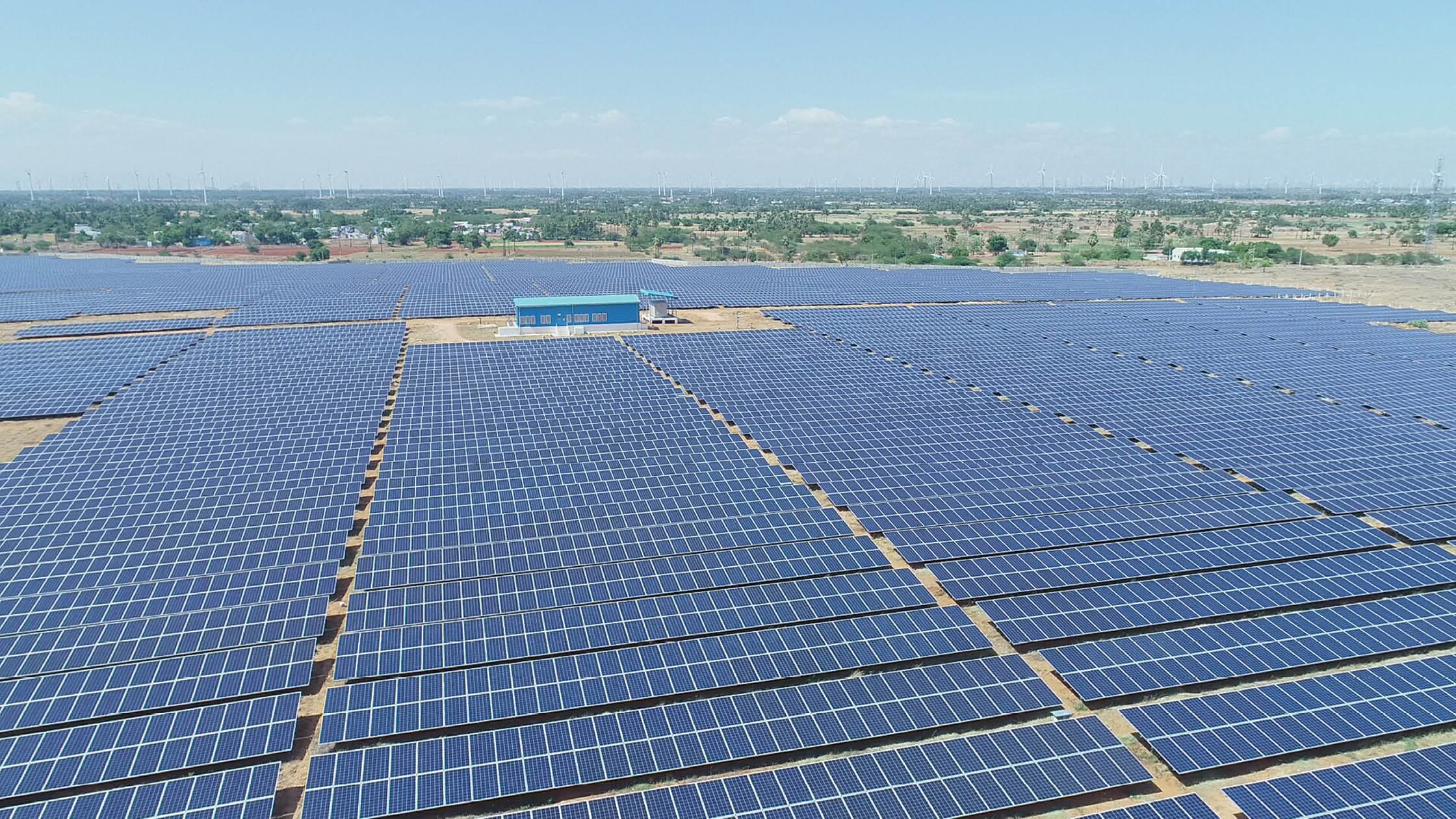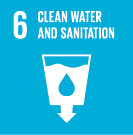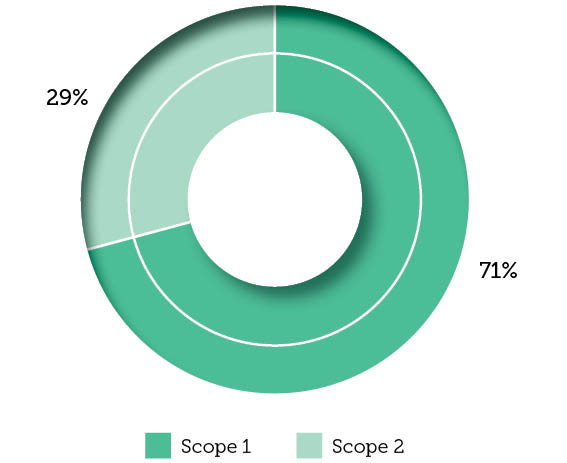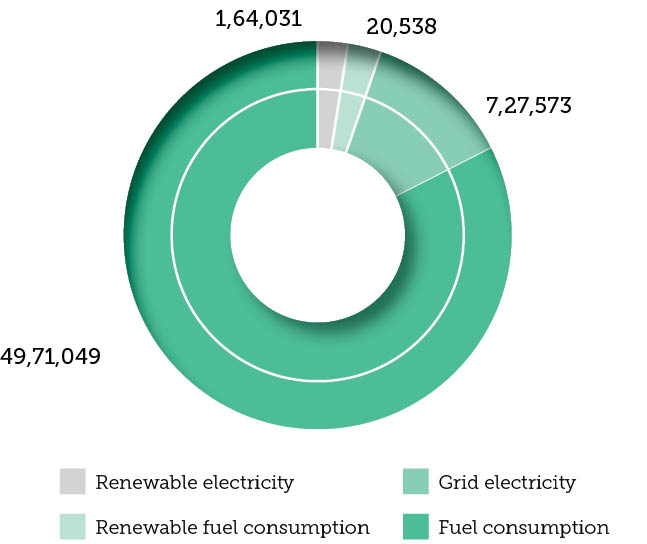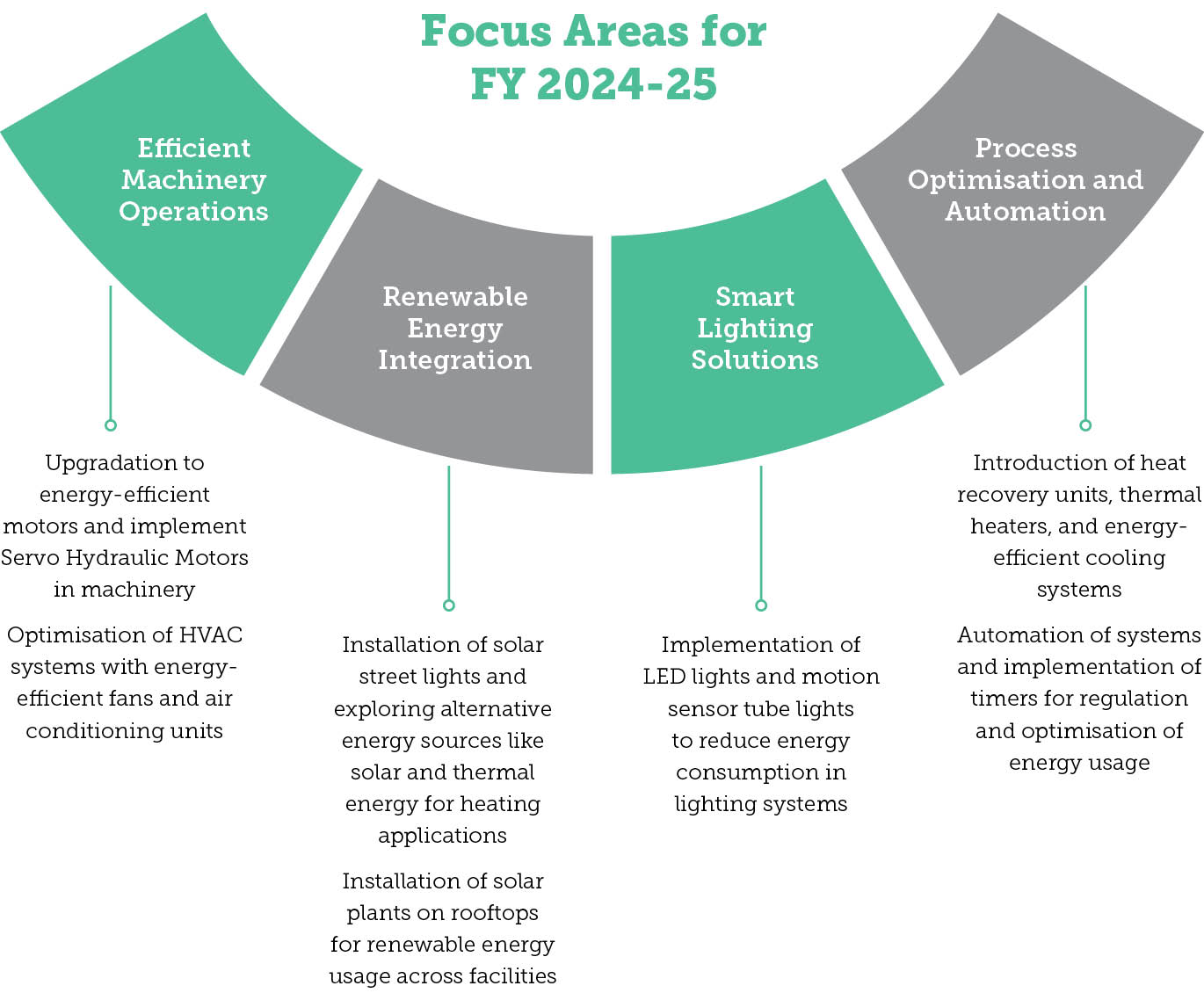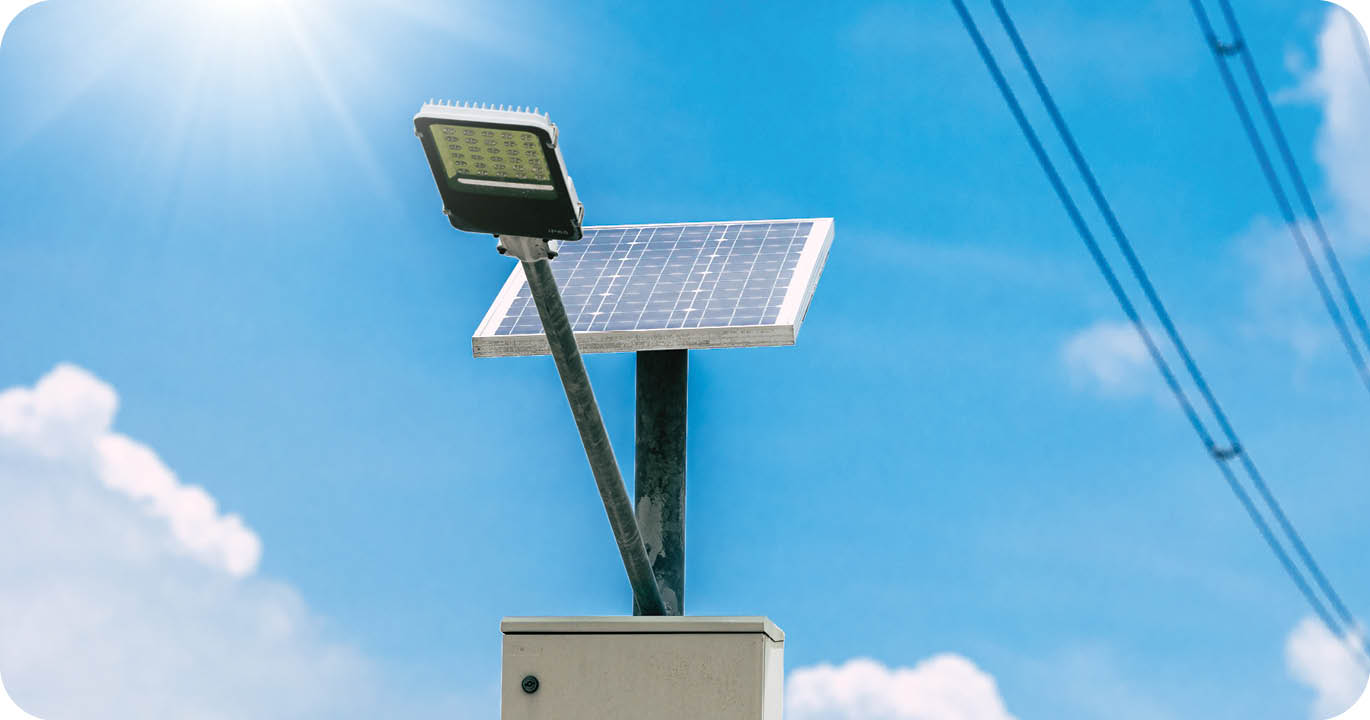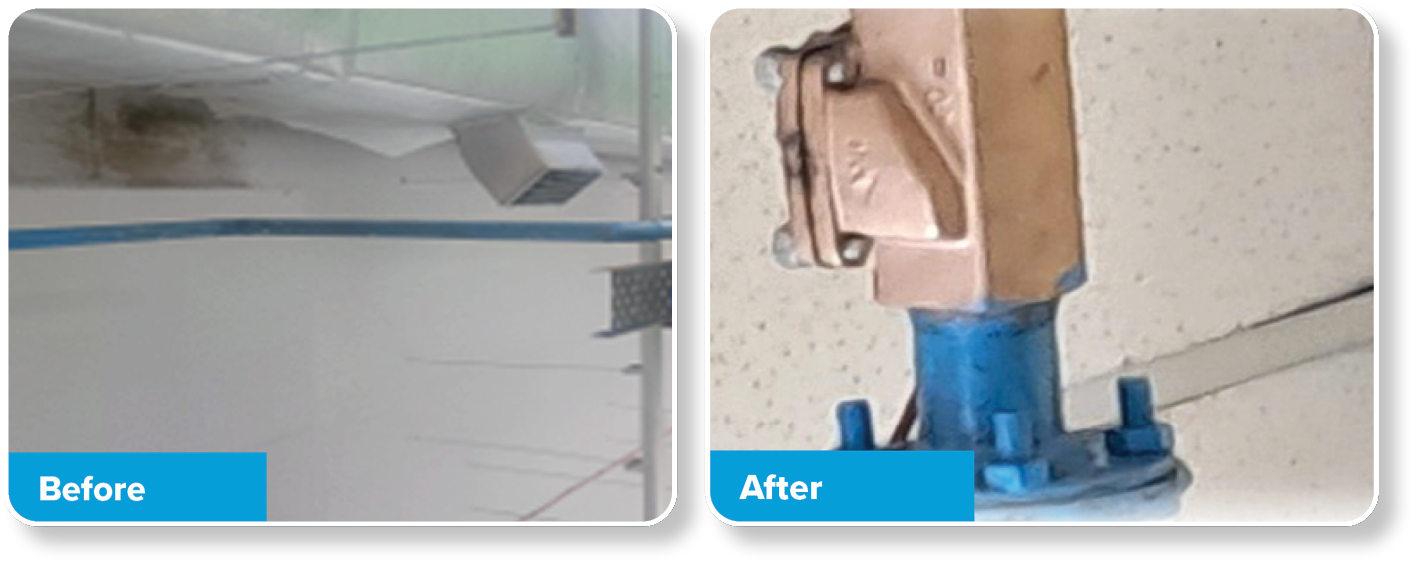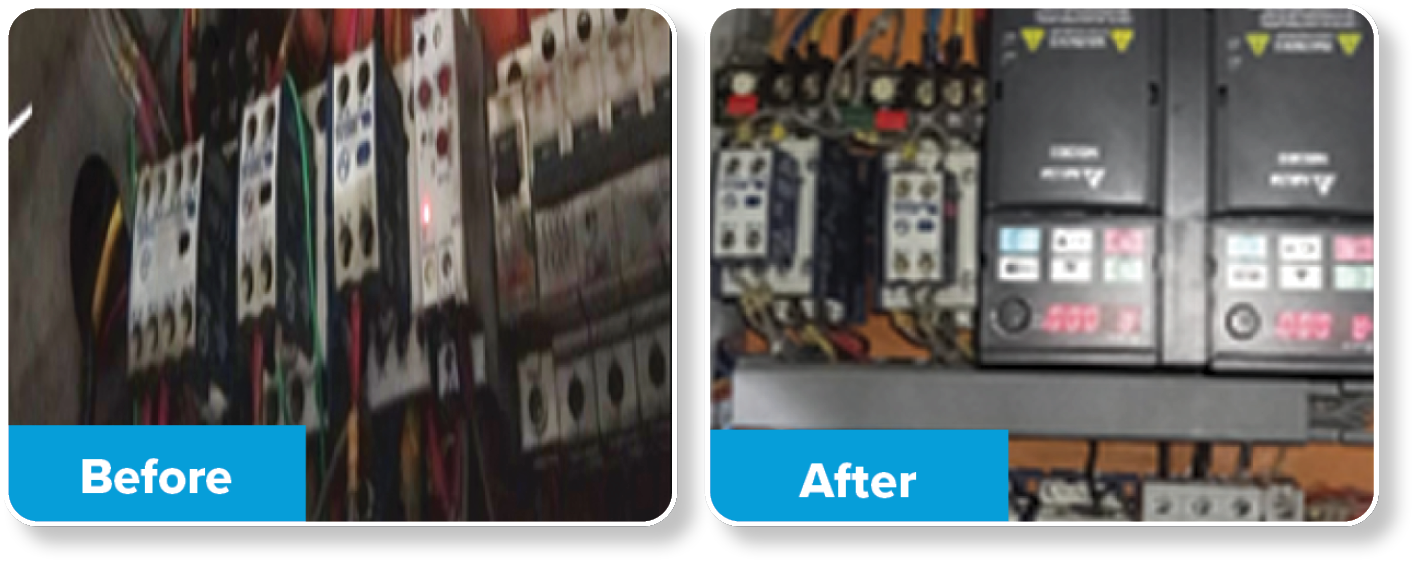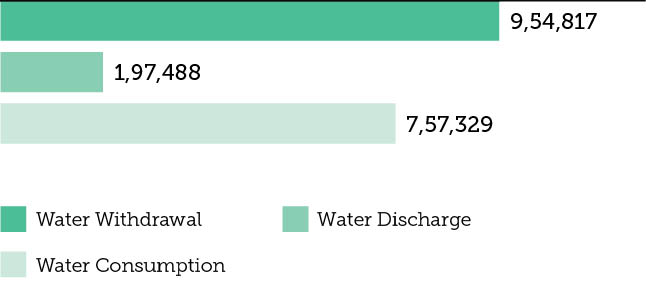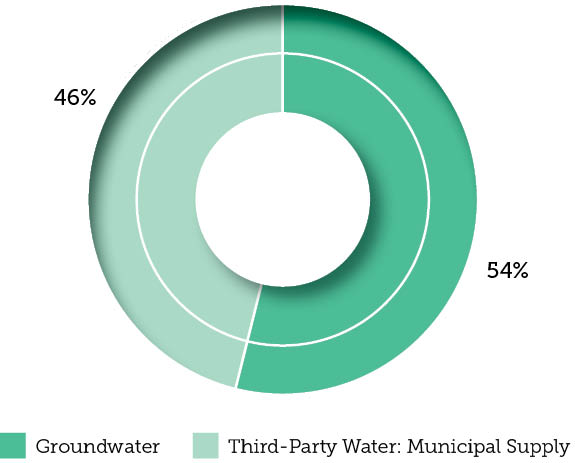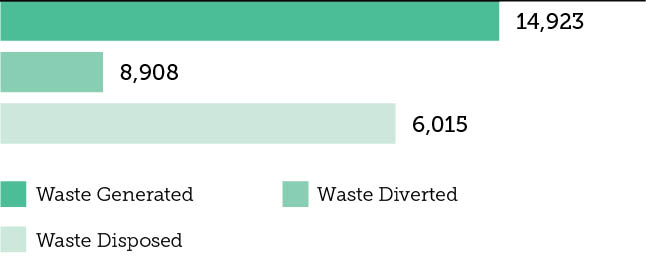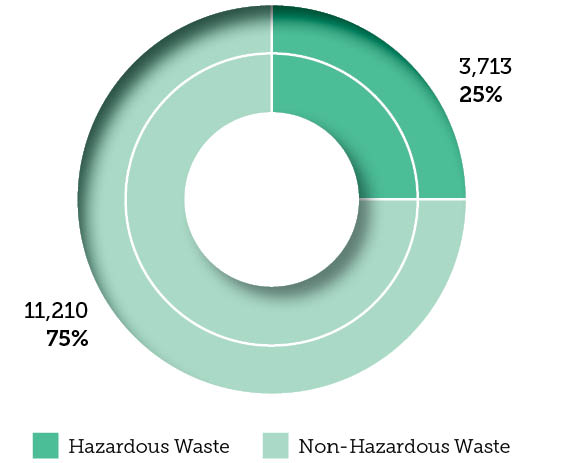
Corporate Overview
- About the Report
- Progress Snapshots FY 2023-24
- Awards and Recognitions
- Value Creation Highlights
- Uno Minda Group
- Presence across Continents
- Journey Towards Eminence
- Strong Partnerships
- Financial Momentum
- Leadership and Governance at Uno Minda
- Sustainable Governance Structure
- Board of Directors
- Letter from the CMD
- CFO’s Thoughts
- Value Creation Model
- Materiality Assessment
- Navigating the Uncertain: Risks and Opportunities
- Risk Assessment Matrix
- Strategy to Mitigate Risk
- Planet
- People
- Products
- Process
- Profit
- ESG Roadmap
- Corporate Information

